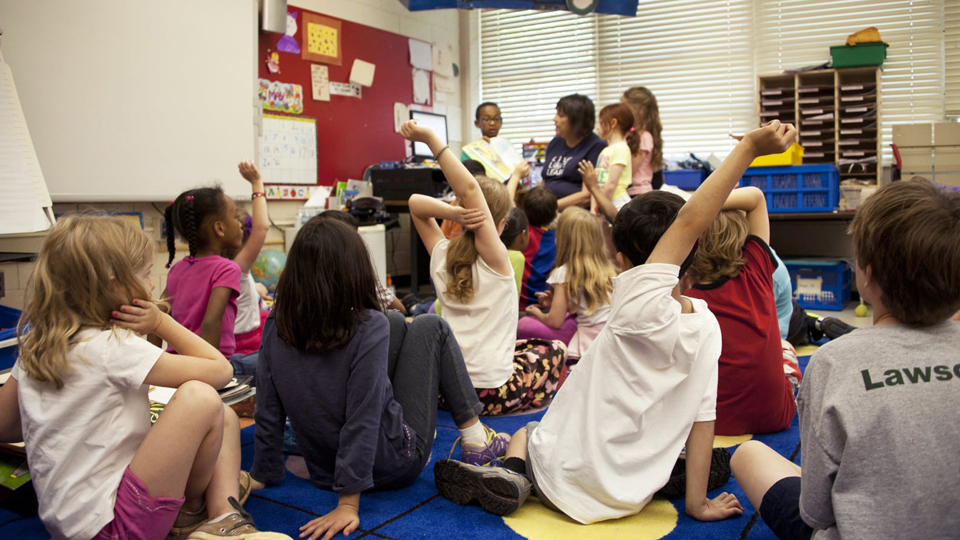State Touts On My Way Pre-K Study Results
Subscriber Benefit
As a subscriber you can listen to articles at work, in the car, or while you work out. Subscribe Now
The Indiana Family and Social Services Administration has released the results of two studies on the state’s On My Way Pre-K program. The program, which launched in 2015, provides grants to low-income families to help provide access to high-quality pre-K programs for their children.
The first study, conducted by the Center for Early Learning at Purdue University, shows children who attended pre-K through On My Way Pre-K gained more school readiness, language and literacy skills than those with similar family incomes who attended lower quality childcare or pre-K programs.
The multi-year, longitudinal study, which followed a sample of nearly 400 children, says those who used the On My Way Pre-K program also outperformed their peers on standardized test scores in the third and fourth grades.
You can connect to the full study by clicking here.
“One of the unique features of On My Way Pre-K is that it includes programs that are operated in homes, centers, schools and religious settings,” said Nicole Norvell, director of the FSSA’s Office of Early Childhood and Out-of-School Learning. “The children in the study attending various program types had similar outcomes, supporting the concept of a mixed delivery design of early learning, allowing families to choose what is best for their children.”
The second study was the inaugural Kindergarten Readiness Indicators assessment conducted by the University of Chicago. The KRI measured oral language, literacy and math skills prior to kindergarten entry for more than half of the students enrolled in On My Way Pre-K throughout the state last spring.
The study found, on average, students scored at or above the national target levels on 29% of the language and literacy skills and 40% of the math skills reviewed in the KRI assessment.
You can connect to the full study results by clicking here.
On My Way Pre-K launched as a five-county pilot program in 2015 and was expanded to 20 counties two years later. In 2019, the program went statewide.
